Advertisement
European Outdoor Conservation Association project funding – vote now!
Readers of The Great Outdoors can help choose which of these four projects – all focused on clearing up plastic pollution in mountain areas around the world – will receive funds raised by the European outdoor industry
Voting has now ended. Thank you.
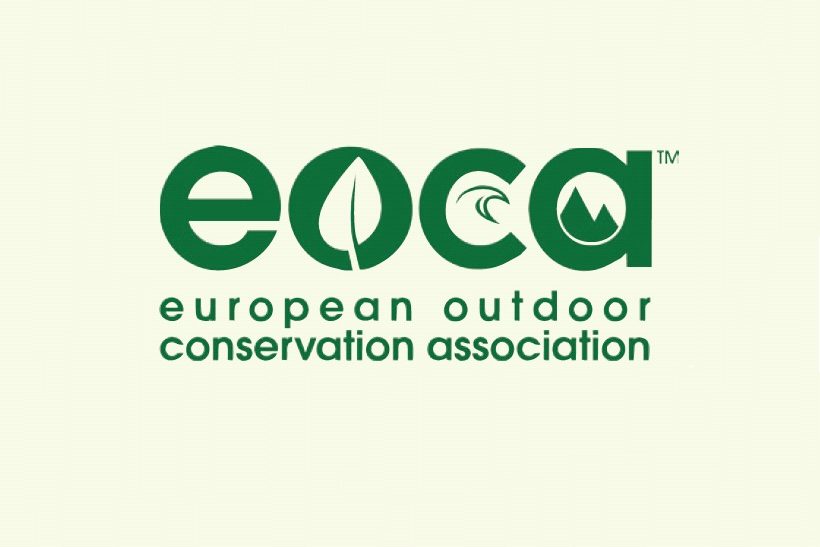
The European Outdoor Conservation Association (EOCA) is a membership body comprised of businesses from the outdoor industry, which raises money for conservation projects across the world. Every year, The Great Outdoors gives our readers the opportunity to vote for which projects will receive funding from the association.
This year, we are working with EOCA to determine the recipients of funds in the Mountain category of the project funding initiative, each of them focused on raising awareness of plastic pollution and cleaning up waste. The four projects that have been nominated by EOCA members are listed below.
Background
What is EOCA? The European Outdoor Conservation Association (outdoorconservation.eu) is a collective of businesses from the outdoor industry who have come together to raise money for worldwide conservation projects. Conservation bodies, which are nominated by EOCA members, can apply for grants of up to €30,000 for specific projects.
How are the projects shortlisted? Conservation organisations apply to EOCA and each project is scored according to a strict set of criteria. The top-scoring projects are verified by EOCA’s scientific advisors. This year’s projects are
Who are EOCA’s members? Members include many of the most well-known outdoor gear brands including UK firms Berghaus, Craghoppers, Montane, Mountain Equipment, Páramo and Rab as well as George Fisher and the BMC.
How much money has EOCA raised? Since it was founded in 2006 by the European Outdoor Group (EOG) the organisation has donated over €2.3 million to conservation projects.
The Projects
[1] Clean-up Langtang to sustain high altitude heritage, Nepal
Nominated by: Frost Guiding
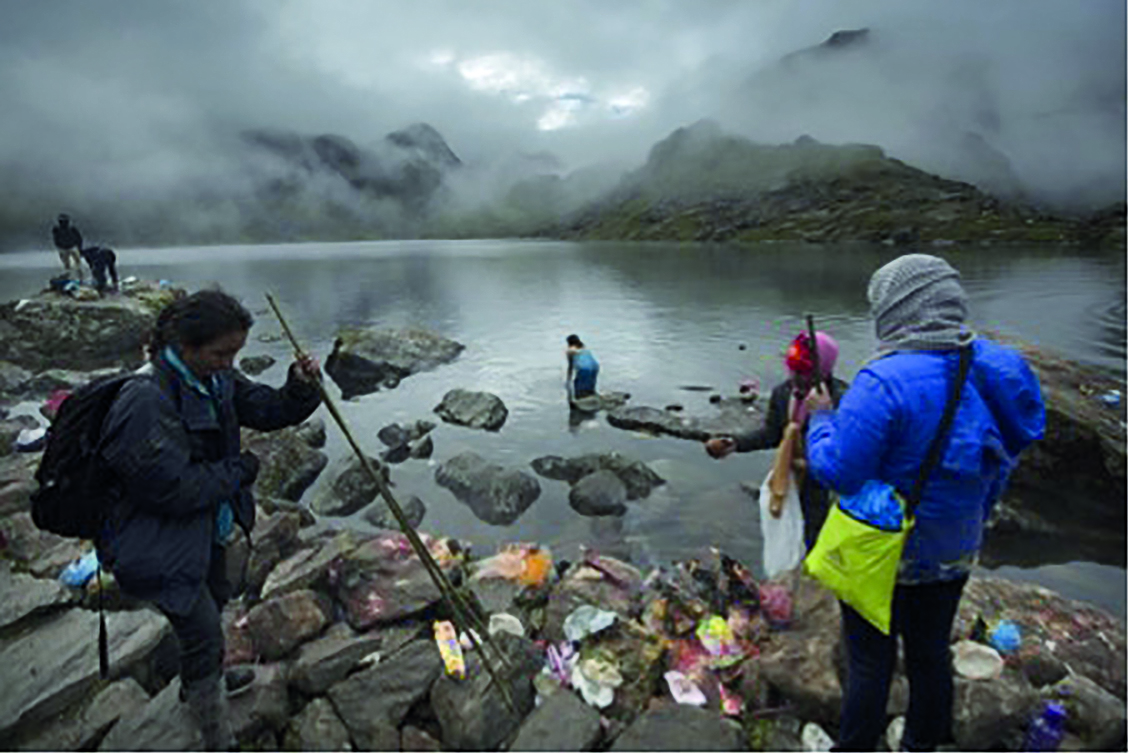
Langtang National Park (LNP) is the third most popular heritage trek of Nepal. It harbours rare and threatened species such as the red panda, snow leopard and clouded leopard as well as endemic and endangered flora. Nepal’s rural mountain communities lack waste disposal services and additional waste is brought in by trekking activities, littering the sites and trails. Inadequate knowledge and rampant waste disposal threaten the fragile mountain ecosystem, wildlife and habitats. This project will organise a huge clean-up campaign involving local schools and communities, promoting ecotourism and zero waste. It will help understand the root cause of littering and its sustainable management. Funding will be used to promote eco-friendly behaviour, homestay and kitchen gardens as well as community-based solid waste management.
Visit the project website here: www.resourceshimalaya.org
[2] Montaña Limpia, Latin America (Brazil, Peru, Chile and Argentina)
Nominated by: The North Face
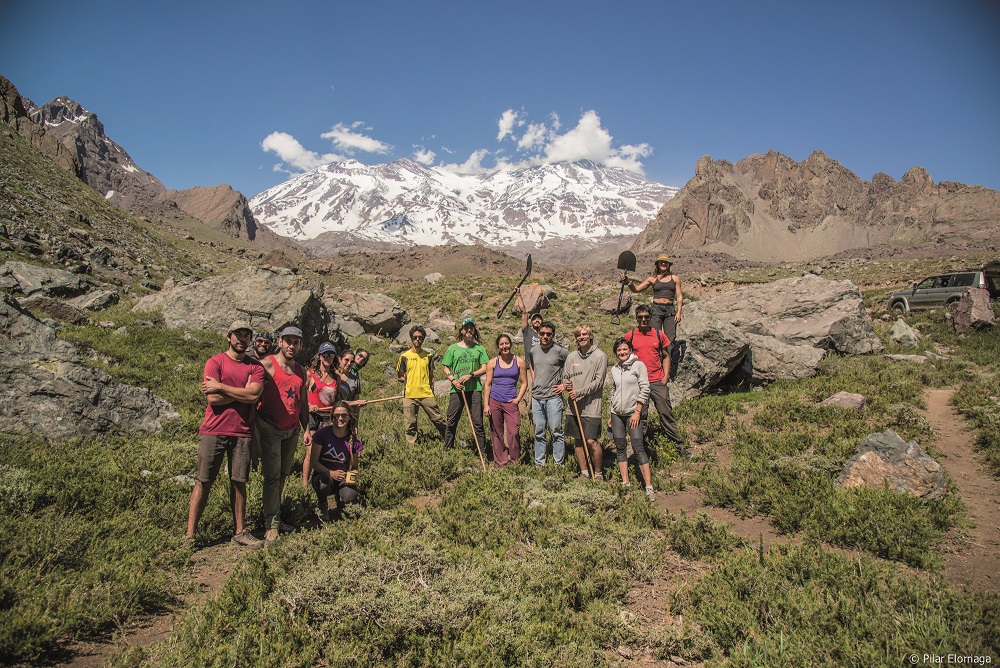
Since 2013, Acceso PanAm has engaged climbers, hikers and local communities to give back to the mountains via an annual mountain clean-up event. The Montaña Limpia (Clean Mountains) campaign runs simultaneously across a number of countries in Latin America and has been gaining in momentum and popularity. In 2019 the aim is to have 30 events happening across six countries with over 600 volunteers cleaning over 300km of trail, from tropical areas to mountains over 6000m altitude. Funding will help take the communication and education to the next level by developing an app to engage younger people who are increasingly disconnected to the mountains, as well as helping record data on the types of trash found, the impacts on habitats and wildlife and offering educational and waste collection resources to help events.
[3] The Himalayan Cleanup, India
Nominated by: Grangers
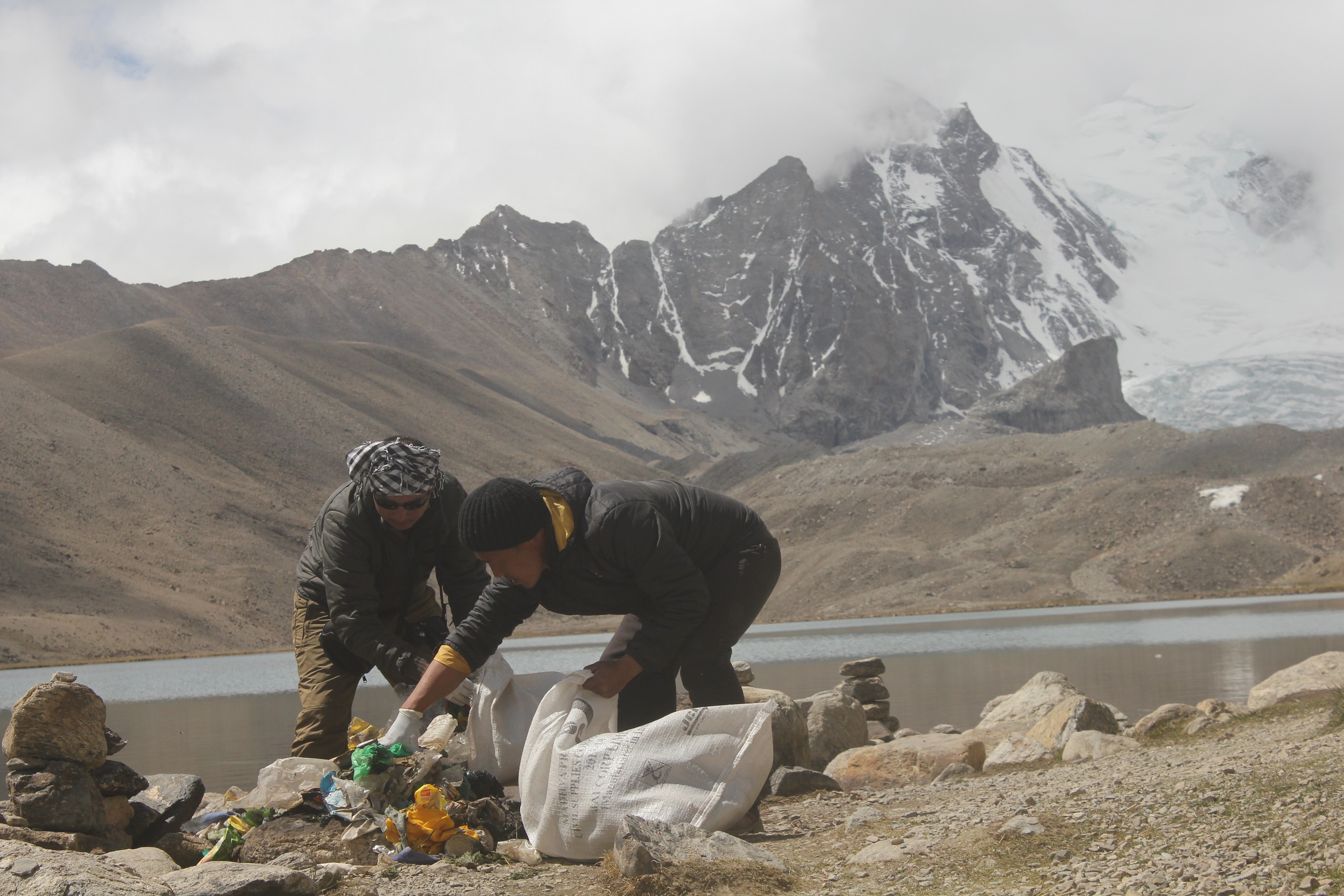
Due to ever-increasing tourist footfall and changing consumption patterns, plastics have entered the remotest mountain environments where the terrain makes it extremely difficult, if not impossible to retrieve and/or dispose of plastic waste. Lack of awareness leads to burning of waste, dumping down hillsides or into streams and rivers. Wildlife including red pandas and black bears consume plastic through food left in plastic packaging. In 2018, a Himalayan Cleanup across the 12 mountain states mobilised 15,000 volunteers across 200 sites, sorting and recycling waste and making ecobricks from non-recyclable plastics. This project will run the Cleanup day again, alongside other community clean up events raising awareness locally as well as amongst the travel, transport and tourism sectors. A workshop will be held with government and CSO stakeholders to discuss sustainable waste management strategies and keeping key habitats clean, underpinned by results from a waste audit.
[4] Plastic-free Rila Mountains, Bulgaria
Nominated by: Ferrino
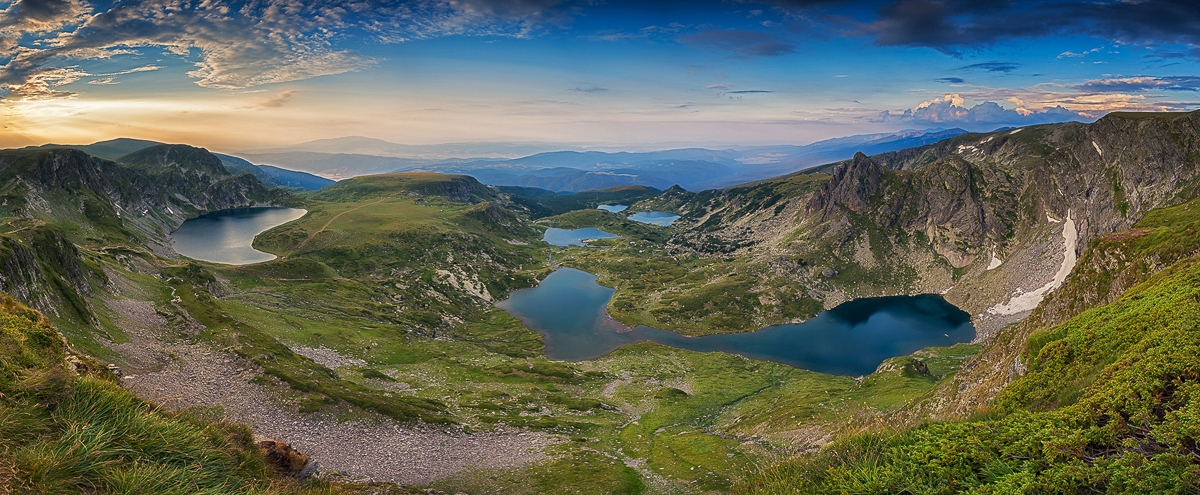
Rila is the sixth highest mountain in Europe, its mountain range encompassing Rila National Park and Rila Monastery Nature Park. Abundant in glacial lakes and hot springs, these parks attract many visitors, resulting in large amounts of rubbish spoiling the mountain landscapes and posing a threat to wildlife. This project will focus on packaging and single use items which represent the largest proportion of plastic waste generated, working with outdoor enthusiasts to raise awareness of the negative effect of plastic waste on both nature and human health. It will also work with individual mountain huts, most of which use a huge amount of single use plastics, and illegally burn, bury or simply dump some of it. Five events will clean up at least 300k of trail and 100,000m2 around at least 10 huts. It will also work with 17 huts to assess and reduce their use of plastic, and create an art installation and a social media campaign to raise awareness on plastic waste generation across Bulgaria.
Voting has now ended. Thank you.

